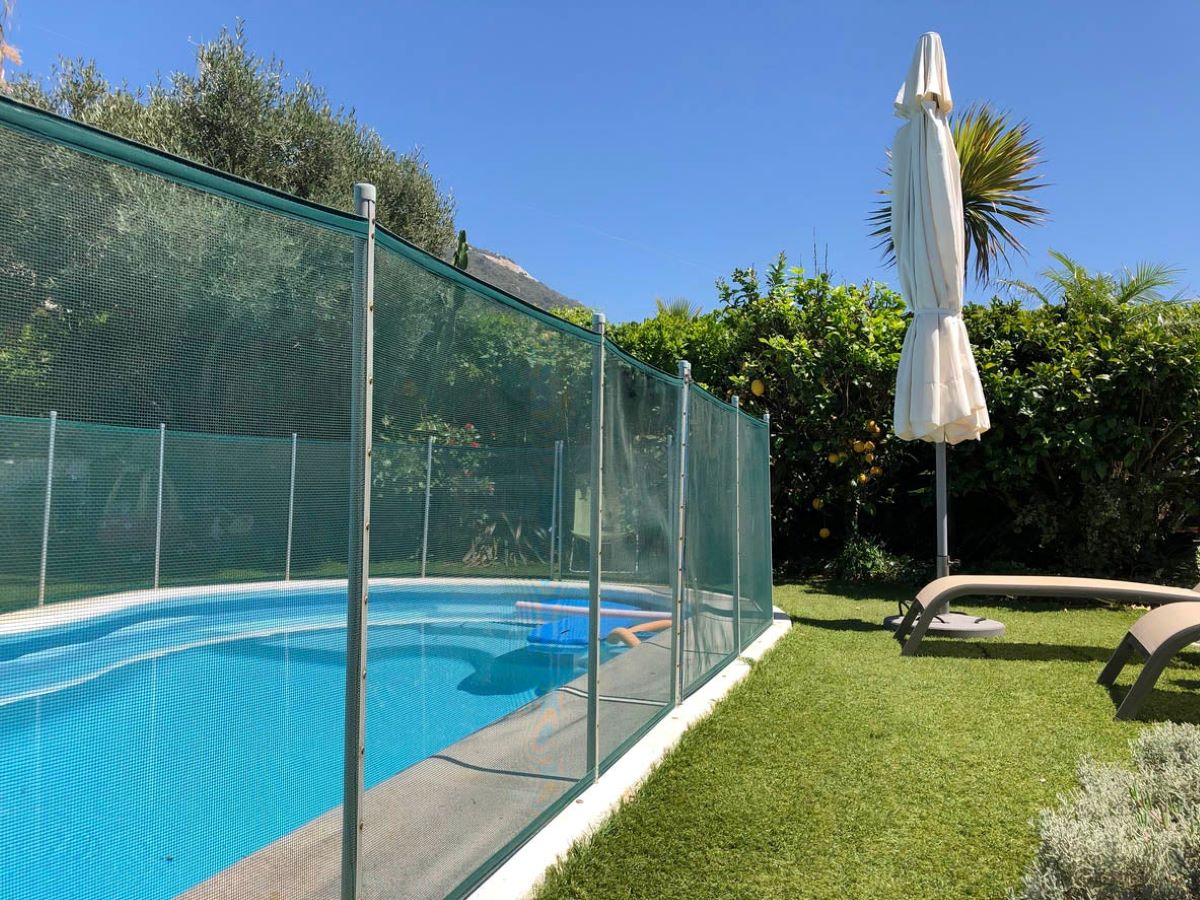

Articles
How Much Is A Pool Fence
Modified: August 31, 2024
Find articles on how much a pool fence costs, installation tips, and different types of pool fence options. Get all the information you need to make an informed decision.
(Many of the links in this article redirect to a specific reviewed product. Your purchase of these products through affiliate links helps to generate commission for Storables.com, at no extra cost. Learn more)
Introduction
A pool fence is a vital safety feature for any pool owner. It serves as a barrier to prevent accidents, especially in households with young children or pets. While pool fences are primarily designed for safety, they can also enhance the aesthetic appeal of your pool area, adding value to your property.
In this article, we will explore the importance of having a pool fence, the different types of pool fences available, factors that affect the cost, the average price range, the installation process, and the legal requirements associated with pool fencing. By the end of this article, you will have a thorough understanding of pool fences and be able to make an informed decision when it comes to choosing and installing one for your pool.
Key Takeaways:
- Pool fences are essential for safety, privacy, and property value. They come in various types, such as glass, aluminum, vinyl, and mesh, each offering unique benefits and cost ranges. Understanding legal requirements and maintenance needs is crucial for a well-informed decision.
- The installation and maintenance of a pool fence are vital for its longevity and functionality. Understanding the legal requirements for pool fences is crucial to ensure compliance and safety. Consulting with professionals can provide expert guidance in choosing the right type of fence based on individual preferences, budget, and local regulations.
Read more: How To Install Pool Fence
Why Do You Need a Pool Fence?
Having a pool fence is essential for several reasons. The primary purpose of a pool fence is to prevent accidents, particularly drowning incidents involving young children or pets. According to the Centers for Disease Control and Prevention (CDC), drowning is the leading cause of unintentional death for children between the ages of 1 and 4.
A pool fence acts as a physical barrier, restricting access to the pool and reducing the risk of accidental drowning. It provides peace of mind for parents or guardians, knowing that their children are safe and secure from potential pool-related hazards.
Furthermore, a pool fence also serves as a deterrent for unauthorized access to your pool area. It helps prevent strangers or neighbors from entering your property and using your pool without permission. This not only protects your privacy but also ensures that only those who are authorized to use the pool can do so.
Additionally, a pool fence can serve as a windbreak, reducing wind turbulence in the pool area. This helps maintain the water temperature and prevents excessive evaporation, allowing you to conserve water and minimize heating costs.
Lastly, a well-designed and aesthetically pleasing pool fence can add value to your property. A visually appealing pool area with a quality fence can enhance the overall look and appeal of your outdoor space, making it more attractive to potential buyers if you ever decide to sell your property.
Overall, the reasons for having a pool fence are clear – it provides safety, security, privacy, and can even enhance the value of your property. It is an essential investment for any pool owner who prioritizes the well-being of their loved ones and wants to create a secure and enjoyable outdoor environment.
Types of Pool Fences
When it comes to choosing a pool fence, there are several options to consider, each with its own set of advantages and disadvantages. Here are some of the most common types of pool fences:
- Glass Pool Fencing: Glass pool fences are popular for their modern and sleek look. They provide an unobstructed view of the pool area while still providing a safe barrier. Glass panels are typically held in place by stainless steel or aluminum posts, creating a stylish and transparent enclosure.
- Aluminum Pool Fencing: Aluminum pool fences are known for their durability and low maintenance requirements. They can withstand harsh weather conditions and are resistant to rust and corrosion. Aluminum fences come in a variety of styles, such as picket, ornamental, or privacy, allowing you to choose a design that matches your preferences.
- Vinyl Pool Fencing: Vinyl pool fences are a popular choice due to their affordability and versatility. They are available in various colors and styles, including privacy fences and picket fences. Vinyl fences are resistant to fading, cracking, and warping, ensuring long-term durability.
- Mesh Pool Fencing: Mesh pool fences are lightweight and provide a temporary safety solution. They are constructed using a strong, woven mesh material that is held in place by poles. Mesh fences are easy to install and remove, making them an excellent option for those who need a temporary barrier.
Each type of pool fence has its own set of pros and cons, so it is essential to consider factors such as budget, maintenance requirements, desired aesthetics, and the level of privacy and safety you are seeking. It is recommended to consult with a professional pool fence installer who can guide you in choosing the right type of fence based on your specific needs and preferences.
Glass Pool Fencing
Glass pool fencing is a popular choice for pool owners who want to create a modern and elegant look for their pool area. It offers a seamless and unobstructed view, allowing you to enjoy the beauty of your pool while maintaining safety measures.
One of the key benefits of glass pool fencing is its transparency. Unlike other types of fences, glass panels provide a clear view of the pool area, making it easier to keep an eye on anyone swimming or playing in the pool. This is especially beneficial for parents who want to ensure the safety of their children while enjoying a clear view of the pool from other areas of the yard or house.
Glass pool fences are typically made from toughened or tempered glass, which is known for its strength and durability. This ensures that the fence can withstand external forces and remain intact even in harsh weather conditions. The glass panels are usually held in place by stainless steel or aluminum posts, creating a sleek and contemporary aesthetic.
In terms of maintenance, glass pool fencing is relatively low maintenance. The glass panels are easy to clean, requiring only regular washing with soap and water to keep them looking clear and free from dirt or fingerprints. Additionally, the stainless steel or aluminum posts may require occasional cleaning and maintenance to prevent rust or corrosion.
It is worth noting that while glass pool fencing provides an impressive visual appeal, it may not offer the same level of privacy as some other types of fences. Depending on your specific needs and preferences, you may want to consider the location of your pool and surrounding areas to determine if privacy is a significant factor for you.
In terms of cost, glass pool fencing is generally more expensive compared to other types of pool fences. The cost will depend on factors such as the size of your pool, the number of panels required, the quality of the glass, and the type of posts or hardware used for installation.
Overall, glass pool fencing is an excellent choice for those who prioritize aesthetics and want to create an open and visually appealing pool area. It offers safety, durability, and a modern look that can enhance the overall value and appeal of your outdoor space.
Aluminum Pool Fencing
Aluminum pool fencing is a popular option among pool owners due to its durability, versatility, and low maintenance requirements. It offers a combination of strength and aesthetic appeal, making it an excellent choice for both residential and commercial pool areas.
One of the key benefits of aluminum pool fencing is its durability. Aluminum is resistant to rust and corrosion, making it ideal for outdoor installations. This means that your fence will be able to withstand exposure to water, sunlight, and other weather elements without deteriorating or requiring frequent repairs.
Additionally, aluminum pool fences are known for their versatility. They come in a wide range of styles and designs, including picket, ornamental, and privacy fences. This allows you to choose a fence that matches your personal preferences and complements the overall aesthetic of your pool area and outdoor space.
Another advantage of aluminum pool fencing is its low maintenance requirements. Unlike wood fences that may require staining, sealing, or painting, aluminum fences simply require occasional cleaning with soap and water to keep them looking their best. This saves you time and effort in maintaining the appearance of your fence.
Aluminum pool fencing is also relatively easy to install. It is lightweight compared to other materials such as wrought iron, making it easier to handle during installation. This can potentially reduce installation costs and time, especially if you choose to install the fence yourself or hire professionals who are experienced with aluminum fencing installations.
In terms of cost, aluminum pool fencing is generally more affordable compared to other types of fencing materials such as wrought iron or glass. The price will depend on factors such as the height and length of the fence, the style and design chosen, and any additional features or customization options.
Overall, aluminum pool fencing offers a winning combination of durability, versatility, and low maintenance. It is a practical and cost-effective choice for pool owners who want a sturdy and attractive fence to enhance the safety and aesthetics of their pool area.
Read more: How Much For A Fence Gate
Vinyl Pool Fencing
Vinyl pool fencing is a popular choice among homeowners due to its affordability, durability, and versatility. It offers several advantages that make it a practical and attractive option for securing your pool area.
One of the key benefits of vinyl pool fencing is its durability. Vinyl fences are made from a high-quality PVC material that is resistant to fading, cracking, and warping. This means that your fence will maintain its color and structural integrity even when exposed to the elements, making it a long-lasting investment.
In addition to durability, vinyl pool fences are also known for their low maintenance requirements. Unlike wood fences that may require regular staining or painting, vinyl fences only need occasional cleaning with soap and water to keep them looking their best. This saves you time and effort in maintaining the appearance of your pool fence.
Another advantage of vinyl pool fencing is its versatility. Vinyl fences are available in a wide range of colors and styles, allowing you to choose a fence that complements the overall look and feel of your outdoor space. Whether you prefer a traditional picket fence, a privacy fence, or a decorative ornamental design, vinyl fencing offers options to suit your preferences.
Vinyl fencing is also relatively easy to install. The panels are lightweight, making them easier to handle during the installation process. Many vinyl fence systems feature a simple interlocking design, eliminating the need for screws or nails. This can potentially reduce installation time and cost, especially if you choose to install the fence yourself.
In terms of cost, vinyl pool fencing is generally more affordable compared to other materials such as wrought iron or glass. The price will depend on factors such as the height and length of the fence, the style and design chosen, and any additional features or customization options.
To sum it up, vinyl pool fencing offers a combination of affordability, durability, low maintenance, and versatility. It is a practical and attractive option for pool owners who want a long-lasting and aesthetically pleasing fence to enhance the security and appeal of their pool area.
Mesh Pool Fencing
Mesh pool fencing is a popular choice for pool owners who are looking for a temporary yet effective safety solution. It offers several advantages that make it a practical and convenient option for securing your pool area.
One of the key benefits of mesh pool fencing is its lightweight and portable design. The panels are made from a strong, woven mesh material that can be easily rolled up or taken down as needed. This makes mesh fencing an ideal choice for those who want a temporary safety barrier or for those who frequently host gatherings or events.
Mesh pool fences are also relatively easy to install compared to other types of fences. Most mesh fence systems feature a simple installation process that involves connecting the poles and securely attaching the mesh panels. This allows you to quickly set up or remove the fence whenever required.
In terms of safety, mesh pool fencing provides a secure barrier around your pool area. The tightly woven mesh panels restrict access to the pool, minimizing the risk of accidental drowning or unauthorized entry. The height of the fence, typically around 4 to 5 feet, ensures that children and pets cannot easily climb over it.
Another advantage of mesh pool fencing is its affordability. Mesh fences tend to be more budget-friendly compared to other types of pool fences, making them an attractive option for those who are looking for a cost-effective solution without compromising safety.
In terms of maintenance, mesh pool fencing requires minimal upkeep. The mesh panels can be easily cleaned with soap and water to remove any dirt or debris. It is recommended to periodically inspect the fence and ensure that all connections and fasteners are secure.
While mesh pool fencing offers a portable and budget-friendly option, it is worth noting that it may not have the same aesthetic appeal as other types of fences. The mesh material may not provide the same level of visibility or transparency as glass or aluminum fencing. However, if the main focus is safety and temporary use, mesh fencing can be a practical choice.
To summarize, mesh pool fencing provides a lightweight, portable, and cost-effective solution for securing your pool area. It offers the necessary safety measures while allowing for easy installation and removal when needed.
When determining the cost of a pool fence, consider factors such as the material, size of the pool area, and any additional features like self-closing gates. It’s also important to factor in installation costs and local regulations for pool safety.
Cost Factors
When considering the cost of a pool fence, there are several factors that can influence the overall price. Understanding these cost factors will help you budget accordingly and make informed decisions. Here are some key factors to consider:
- Type of Fence: The type of pool fence you choose will have a significant impact on the cost. Materials such as glass or wrought iron tend to be more expensive compared to vinyl or mesh. The design, height, and overall quality of the fence will also affect the price.
- Size of the Pool Area: The size of your pool area will determine the length of the fence required. The more square footage you need to cover, the higher the cost will be for materials and installation.
- Additional Features: If you opt for additional features such as self-closing gates, locking mechanisms, or decorative elements, the cost will increase. These features can enhance the functionality and aesthetics of your pool fence but may come at an additional expense.
- Installation: The cost of installation will vary depending on various factors, including the complexity of the installation process, the accessibility of the pool area, and labor costs in your region. Hiring professionals for installation will come at an additional cost, but it ensures proper and secure installation.
- Permits and Regulations: Some areas may require permits or have specific regulations for pool fence installations. Any fees associated with obtaining permits or ensuring compliance with local regulations should be factored into your budget.
- Maintenance and Upkeep: Consider the long-term maintenance and upkeep costs when budgeting for a pool fence. Some materials may incur more maintenance costs over time, such as repainting or refinishing, while others may require minimal maintenance.
It’s important to note that the cost of a pool fence should be viewed as an investment in safety and aesthetics. While it may require an upfront expense, a well-constructed and properly installed pool fence can provide long-term benefits and enhance the value of your property.
To get an accurate cost estimate, it is recommended to consult with professionals who specialize in pool fence installations. They can assess your specific requirements, provide detailed cost breakdowns, and offer expert guidance in choosing the right fence within your budget.
Average Cost of Pool Fences
The average cost of a pool fence can vary depending on several factors, including the type of fence, size of the pool area, additional features, and the region where you live. While it’s challenging to provide an exact figure, we can discuss the typical cost range based on the different types of pool fences:
- Glass Pool Fencing: Glass pool fences are generally considered one of the more expensive options. On average, the cost can range from $200 to $600 per linear foot, including both materials and installation. Keep in mind that additional features or customization can increase the cost.
- Aluminum Pool Fencing: Aluminum pool fences are more affordable compared to glass. The average cost of aluminum fencing typically ranges from $20 to $40 per linear foot, including installation. Factors such as the design and additional features may affect the final cost.
- Vinyl Pool Fencing: Vinyl pool fences are known for their affordability. The average cost for vinyl fencing ranges from $15 to $30 per linear foot, including installation. The price may vary depending on factors such as the style, height, and location.
- Mesh Pool Fencing: Mesh pool fences are generally the most budget-friendly option. The average cost for mesh fencing can range from $10 to $20 per linear foot, including installation. Keep in mind that mesh fencing is often used as a temporary solution and may not be suitable for long-term use.
It’s important to note that these cost ranges are estimates and can vary based on various factors such as the quality of materials, complexity of the installation, and your geographic location. Additional features like self-closing gates or decorative elements will also increase the cost. To get an accurate cost estimate, it is recommended to consult with professionals who can assess your specific requirements and provide a detailed breakdown of costs.
Remember, investing in a pool fence is an investment in safety and aesthetics. While it may involve upfront costs, a well-constructed and properly installed pool fence provides long-term benefits and peace of mind for you and your family.
Read more: How Much To Replace A Fence
Installation Process
The installation process of a pool fence typically involves several steps to ensure a secure and effective barrier around your pool area. While the specifics may vary depending on the type of fence you choose, here is a general overview of the installation process:
- Measure and Plan: The first step is to measure the perimeter of your pool area and plan the layout of the fence. This includes determining the location of gates, corners, and any additional features you might want to incorporate.
- Prepare the Area: Clear the area where the fence will be installed, removing any obstacles or debris that may interfere with the installation process.
- Mark the Post Locations: Mark the locations where the fence posts will be installed. This is typically done by driving stakes into the ground at the desired positions.
- Install the Posts: Depending on the type of fence, the posts may be installed by digging holes and securing them with concrete, or they may be attached to a base plate if it’s a surface-mounted system.
- Attach the Panels: Once the posts are in place, the panels or sections of the fence are attached to the posts. This can involve sliding the panels into pre-installed slots or using brackets or screws to secure them.
- Install Gates and Latches: If your fence design includes gates, they will be installed at the designated positions. This includes attaching hinges, latches, and any self-closing or self-locking mechanisms for added safety and convenience.
- Verify Stability and Alignment: Ensure that all components of the fence are properly aligned and securely fastened. Check the stability of the posts and panels to ensure they are level and plumb.
- Final Inspection: Once the installation is complete, perform a final inspection to make sure everything is in place and functioning correctly. Check that the gate latches properly and that there are no gaps or loose sections in the fence.
Keep in mind that installing a pool fence may require specialized tools and expertise, depending on the type of fence and the complexity of the installation. It is recommended to hire professionals who are experienced in pool fence installations to ensure that the fence is installed correctly and meets safety standards.
By following these installation steps and seeking professional assistance if necessary, you can ensure that your pool fence is properly installed and provides the safety and security you desire for your pool area.
Maintenance and Upkeep
Maintaining your pool fence is essential to ensure its longevity, functionality, and aesthetic appeal. Regular maintenance and upkeep can help prevent issues, prolong the lifespan of the fence, and keep it looking its best. Here are some key maintenance tasks to consider:
- Cleaning: Regular cleaning is important to remove any dirt, grime, or debris that may accumulate on your pool fence. For most materials, including glass, aluminum, vinyl, and mesh, a simple wash with soap and water will suffice. For tougher dirt or stains, you may need to use a mild detergent or specialized cleaning product recommended by the manufacturer.
- Inspection: Periodically inspect your pool fence for any signs of damage, such as loose hinges, broken panels, or rust. Addressing these issues promptly will help prevent further damage and ensure the fence remains secure and functional. If you notice any structural damage or significant wear, consider contacting a professional for repairs or replacement.
- Sealing and Painting: Depending on the type of fence material, you may need to periodically seal or paint it to maintain its appearance and protect it from the elements. For example, wooden fences may require staining or painting every few years to prevent rotting or fading. Consult the manufacturer’s guidelines or seek professional advice to determine the appropriate sealing or painting schedule for your fence.
- Trimming Vegetation: Overgrown plants or tree branches near your pool fence may cause damage or obstruct the fence’s integrity. Regularly trim any vegetation that comes in contact with the fence to prevent potential issues and maintain a clear and safe barrier.
- Check Gate Functionality: Inspect your gate regularly to ensure that it opens and closes smoothly. Lubricate hinges or other moving parts as needed to prevent rust and ensure proper operation. Ensure that any latches or locks are secure and in good working condition.
- Winter Preparation: If you live in an area with cold winters, take proper precautions to protect your pool fence during the winter months. Remove any snow or ice accumulation on the fence to prevent damage. If necessary, cover the fence with a weatherproof tarp or blanket for added protection.
It’s important to follow the specific maintenance recommendations provided by the manufacturer to ensure you are properly caring for your particular type of pool fence. By implementing a regular maintenance routine and addressing any issues promptly, you can help extend the lifespan of your pool fence and maintain its safety, functionality, and overall appearance.
Legal Requirements for Pool Fences
Installing a pool fence is not just a matter of personal preference; it is often a legal requirement to ensure the safety of your pool area. The specific legal requirements for pool fences can vary by region, so it’s important to familiarize yourself with the regulations applicable to your area. Here are some common considerations:
- Fence Height: Most jurisdictions have minimum height requirements for pool fences to prevent easy access by young children. The typical minimum height ranges from 4 to 5 feet, but it is essential to verify the specific height required in your local area.
- Gates and Self-Closing Mechanisms: Many regulations require pool fences to have self-closing and self-latching gates. The gate should be designed to close and latch automatically, ensuring that it remains securely closed at all times when not in use.
- Spacing between Fence Spindles or Mesh: To prevent small children from squeezing through the fence, some regulations specify the maximum allowable spacing between spindles, bars, or mesh panels. This requirement ensures that the fence provides an effective barrier to prevent unauthorized access to the pool area.
- Materials: Certain regulations may specify acceptable materials for pool fences. For example, some regions prohibit the use of chain-link fences due to their ease of climbing. It is important to verify the approved materials in your area to ensure compliance.
- Permits and Inspections: Depending on your jurisdiction, you may need to obtain permits or undergo inspections before or after installing a pool fence. These requirements help ensure that the fence meets local safety standards and regulations.
- Additional Safety Measures: In some areas, additional safety measures such as pool alarms or pool covers may be required in conjunction with the fence. These measures provide an added layer of protection to prevent accidents and enhance the overall safety of your pool area.
It is crucial to research and understand the legal requirements for pool fences in your specific location. Failure to comply with these regulations may result in penalties or pose a liability risk. Consulting with a local authority or professional pool fence installer can help ensure that you meet all the necessary legal requirements and maintain a safe and compliant pool area.
Conclusion
Installing a pool fence is a crucial step in ensuring the safety and security of your pool area. It serves as a vital barrier to prevent accidents, particularly drowning incidents involving young children or pets. Additionally, a pool fence can enhance the aesthetic appeal of your outdoor space and even add value to your property.
Throughout this article, we have explored the importance of having a pool fence and discussed the different types of pool fences available, including glass, aluminum, vinyl, and mesh. Each type has its own unique characteristics, benefits, and price ranges, allowing you to choose the one that best suits your needs, preferences, and budget.
We’ve also discussed the installation process, maintenance and upkeep requirements, as well as the legal requirements surrounding pool fences. It’s crucial to understand and comply with these regulations to ensure the safety and legality of your pool area.
Remember, investing in a pool fence is an investment in the well-being of your loved ones and the overall enjoyment of your pool area. It provides peace of mind, knowing that you have taken the necessary steps to protect your family and prevent accidents. Furthermore, a well-designed and properly installed pool fence can enhance the visual appeal of your outdoor space, creating an attractive and inviting environment.
When considering a pool fence, it is recommended to consult with professionals who specialize in pool fence installations. They can provide expert advice, assess your specific requirements, and offer guidance on the best type of fence based on your preferences, budget, and local regulations.
In conclusion, a pool fence is an essential safety feature that should not be overlooked. It is a valuable investment that provides protection, peace of mind, and adds aesthetic appeal to your pool area. By choosing the right type of fence, following proper installation and maintenance practices, and complying with legal requirements, you can create a secure and enjoyable pool environment for you and your family to enjoy for years to come.
Frequently Asked Questions about How Much Is A Pool Fence
Was this page helpful?
At Storables.com, we guarantee accurate and reliable information. Our content, validated by Expert Board Contributors, is crafted following stringent Editorial Policies. We're committed to providing you with well-researched, expert-backed insights for all your informational needs.
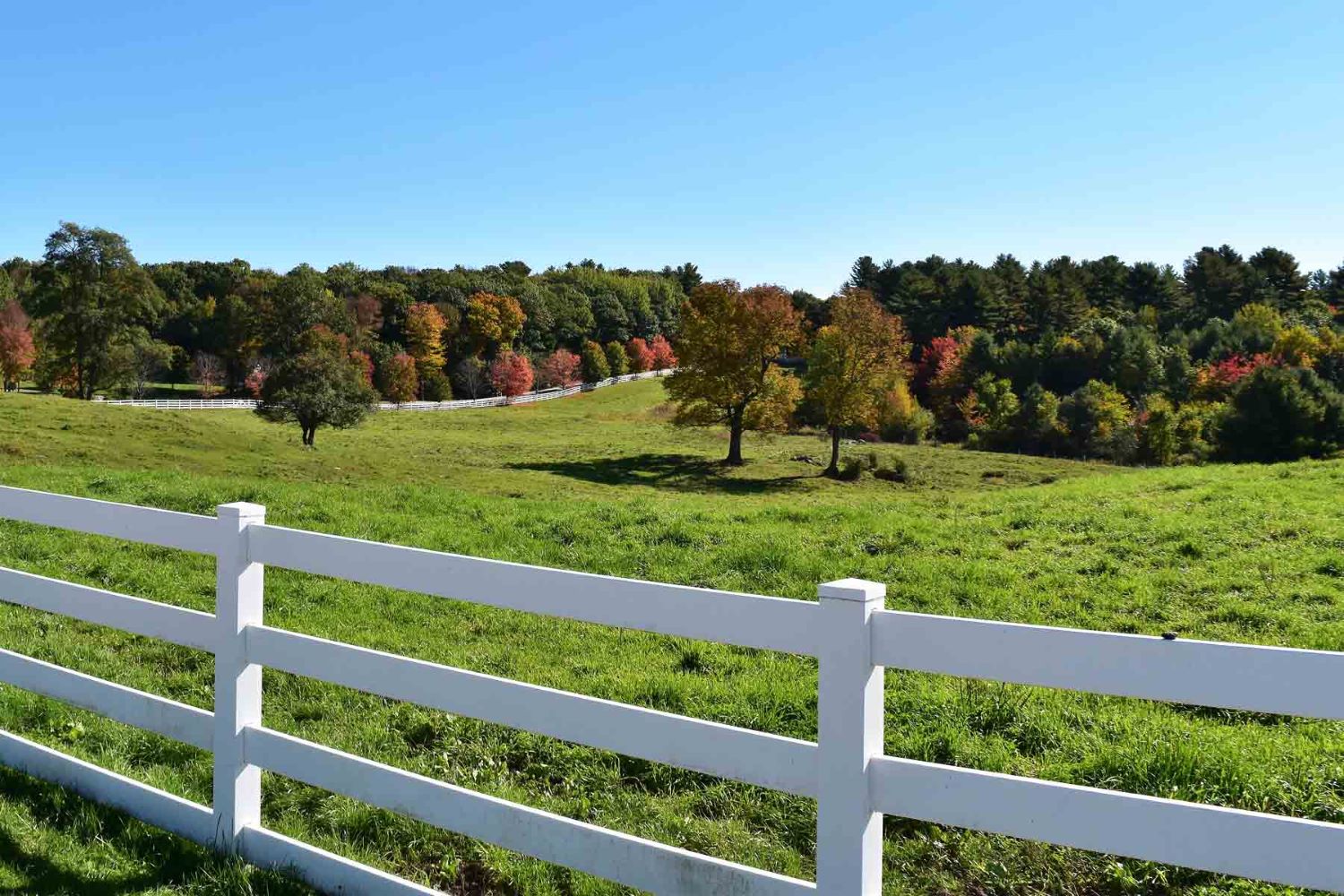
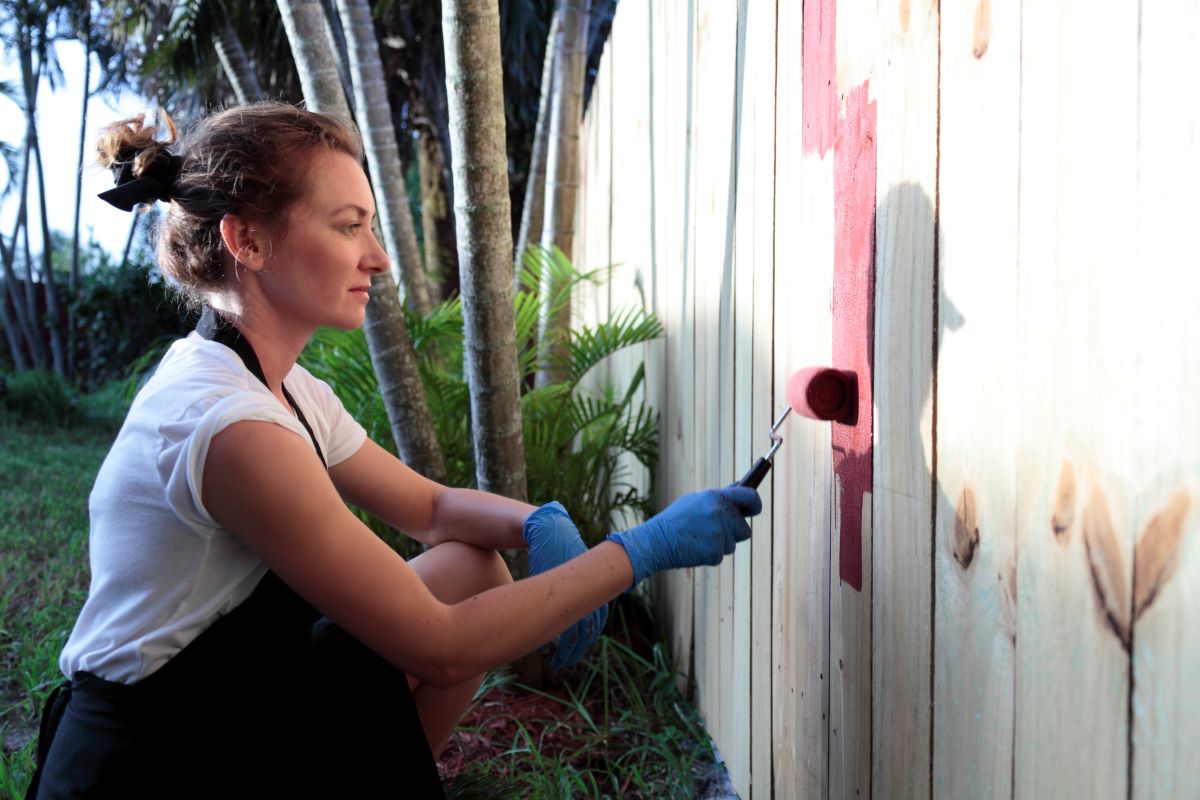
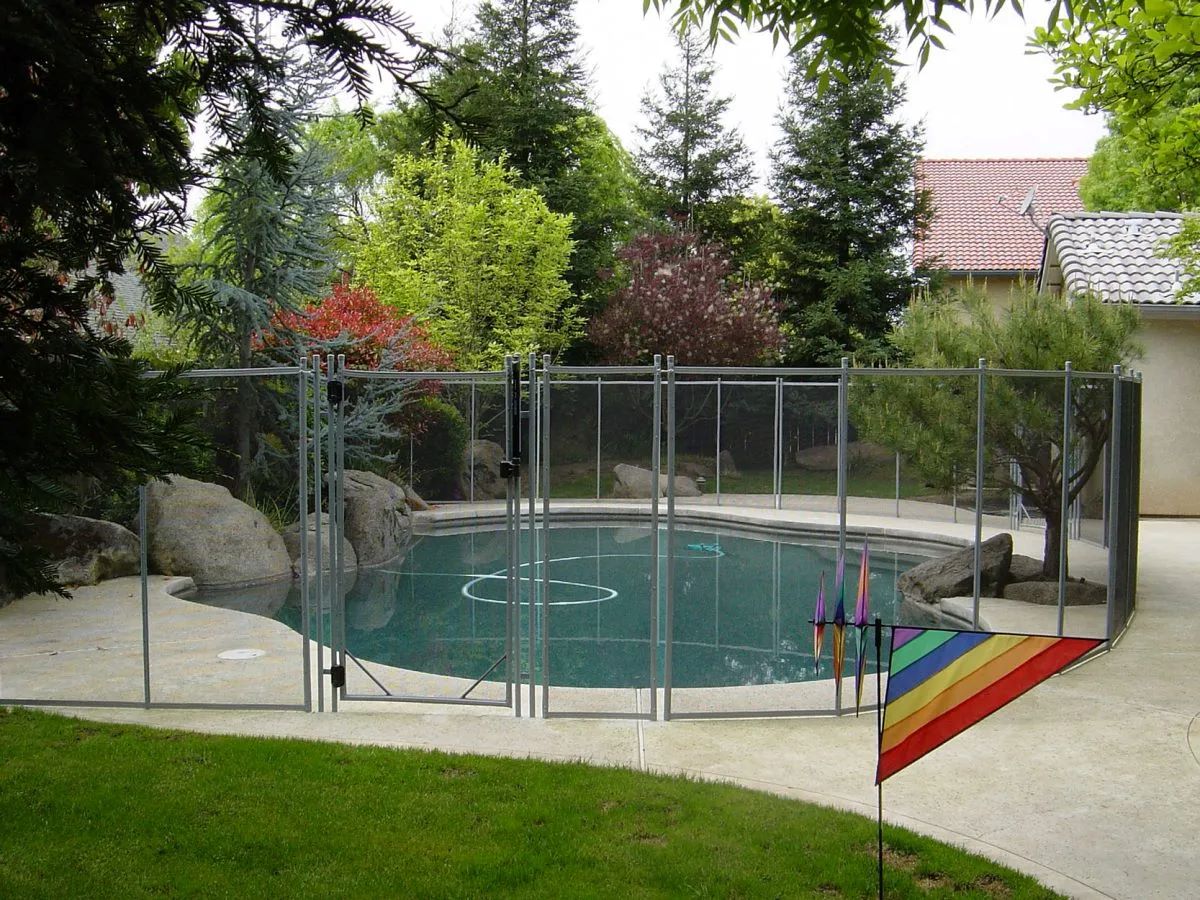
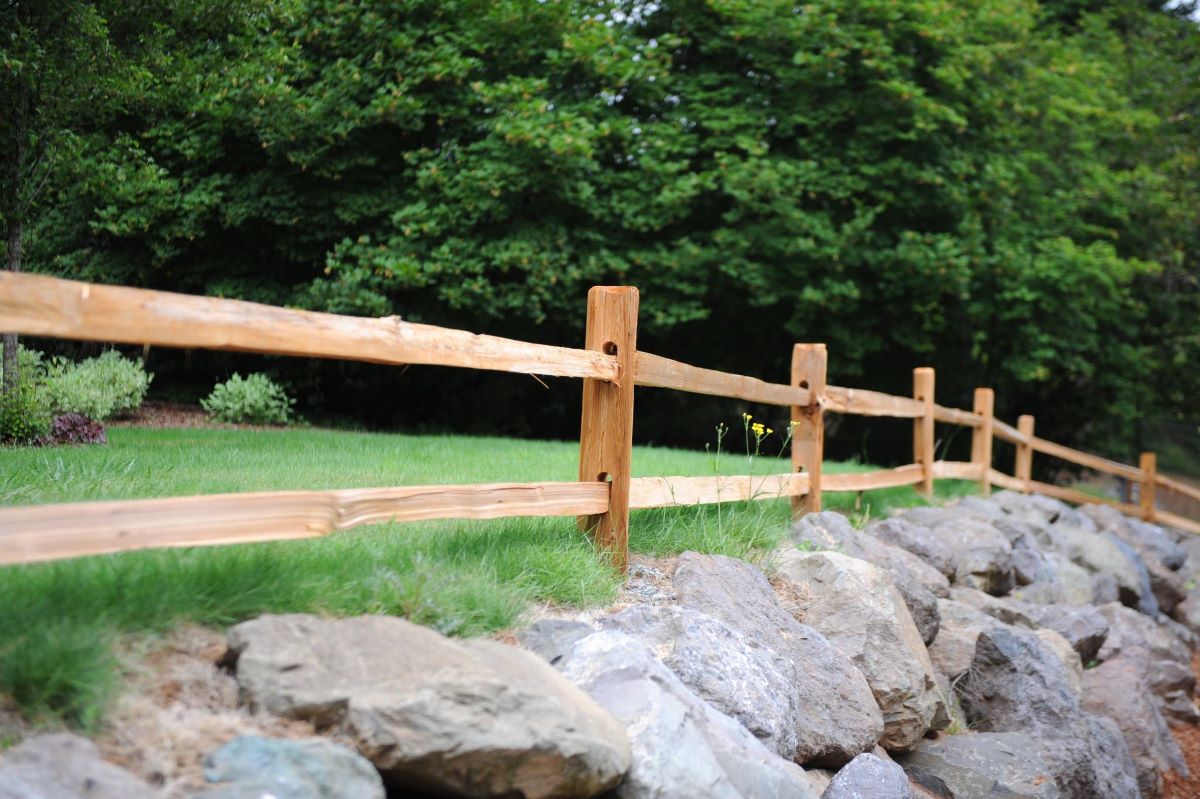
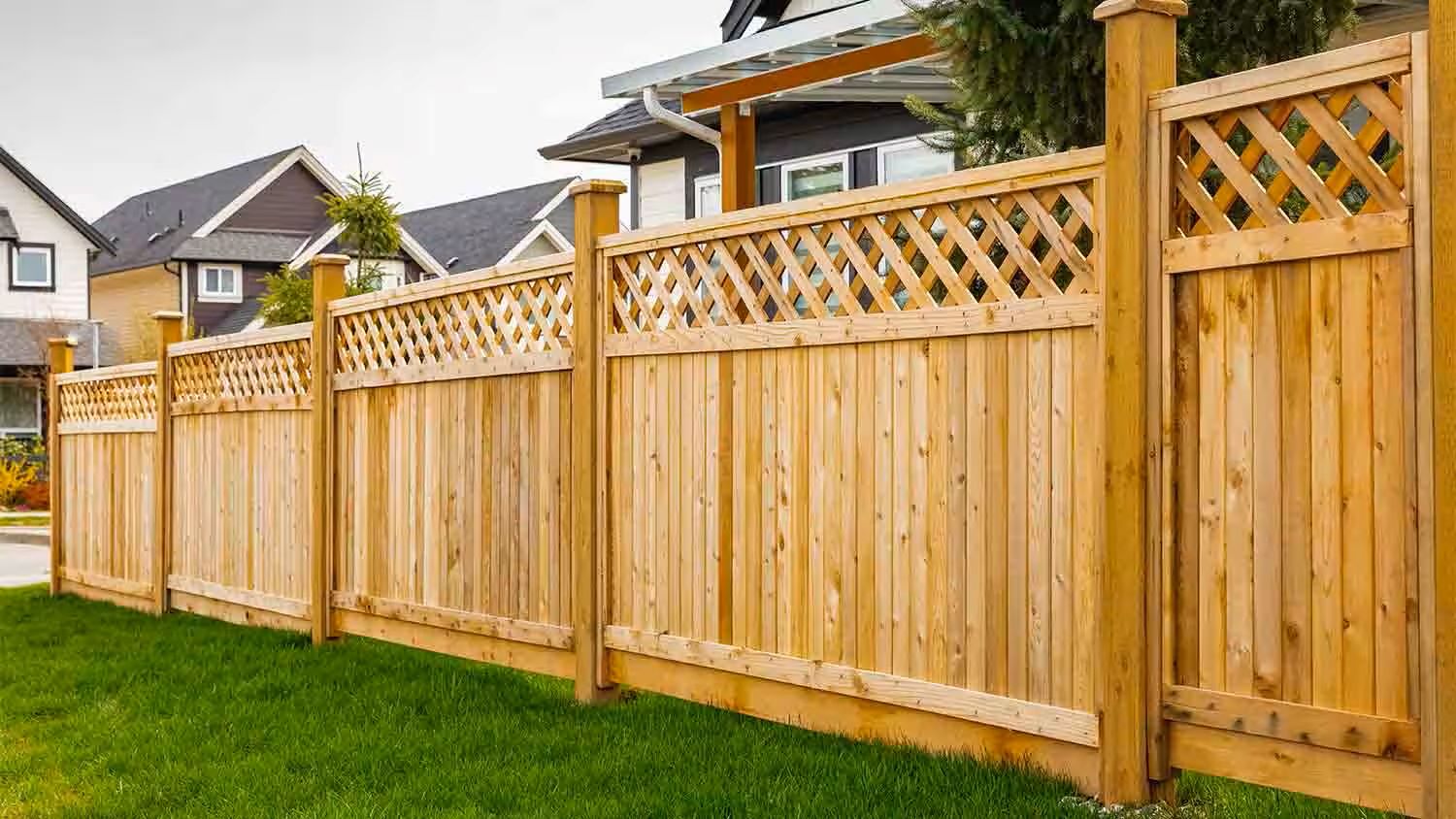
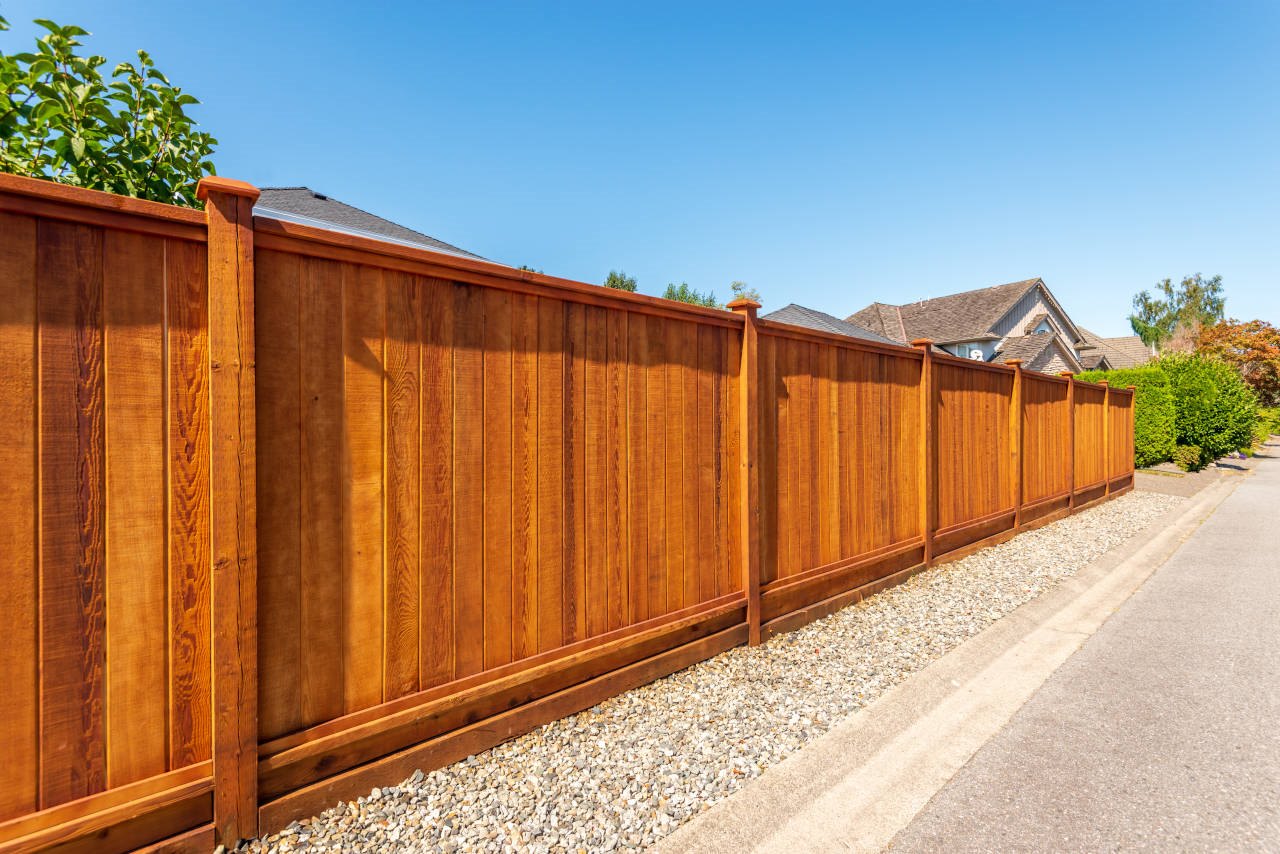
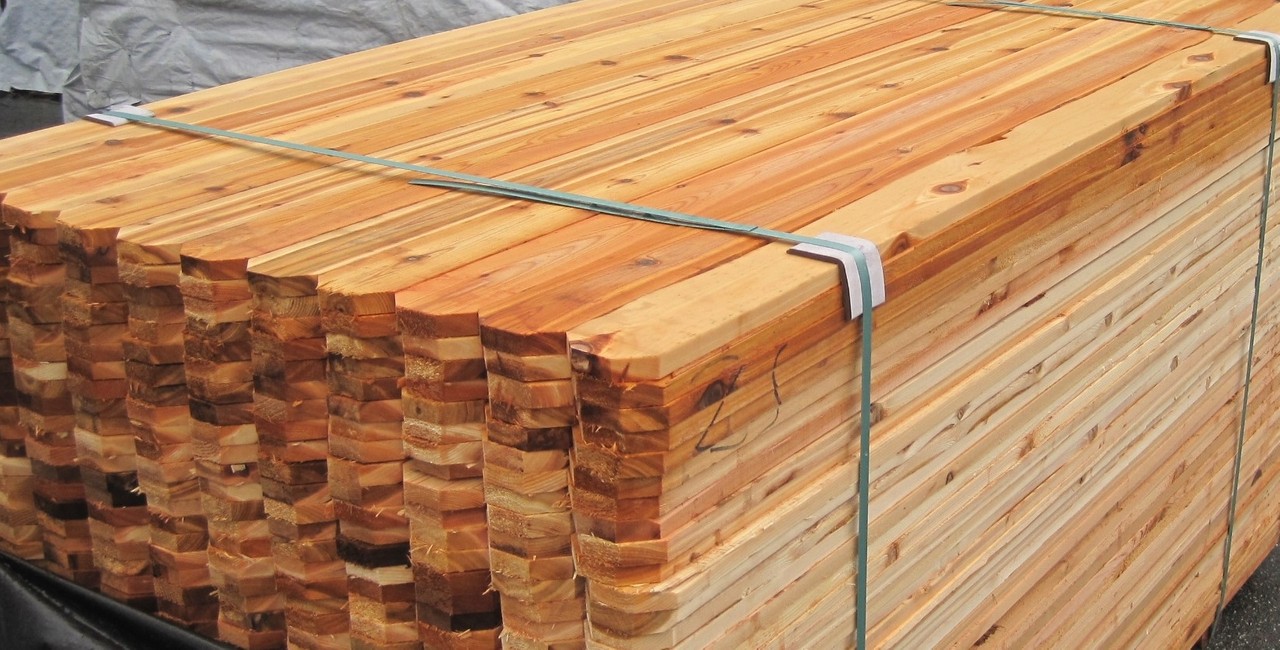
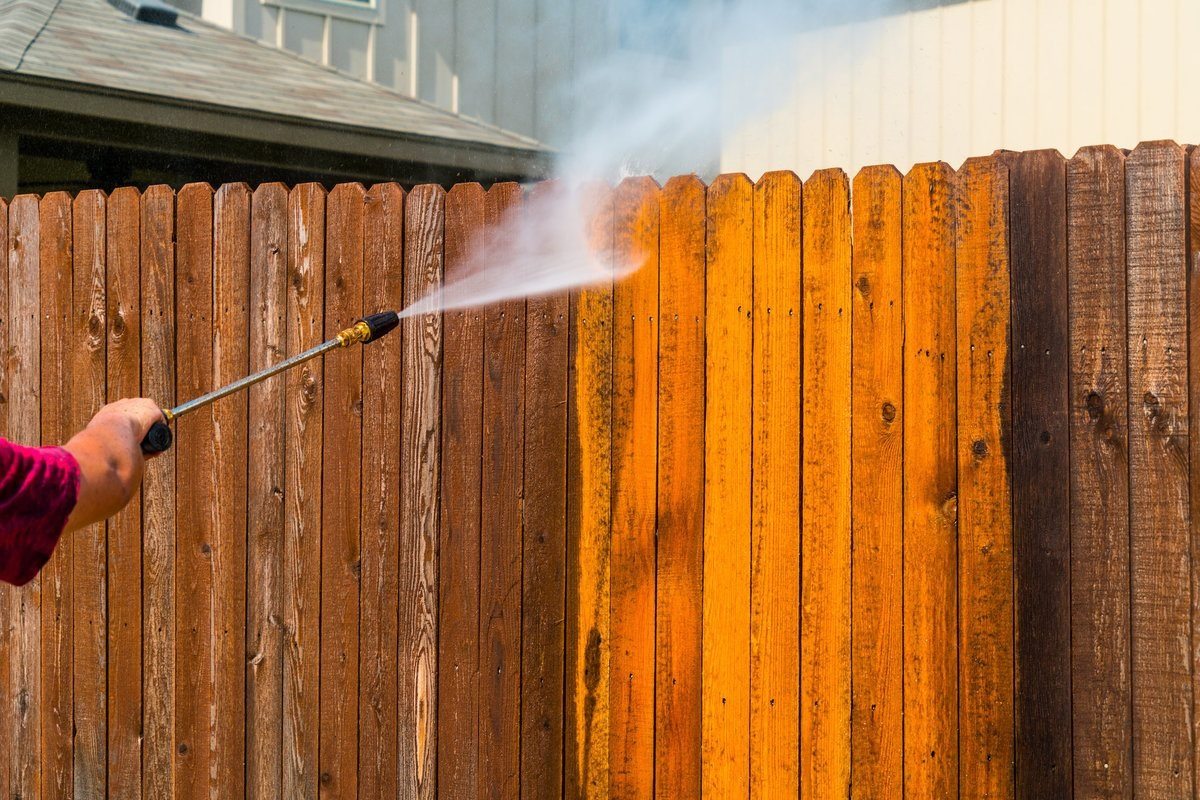
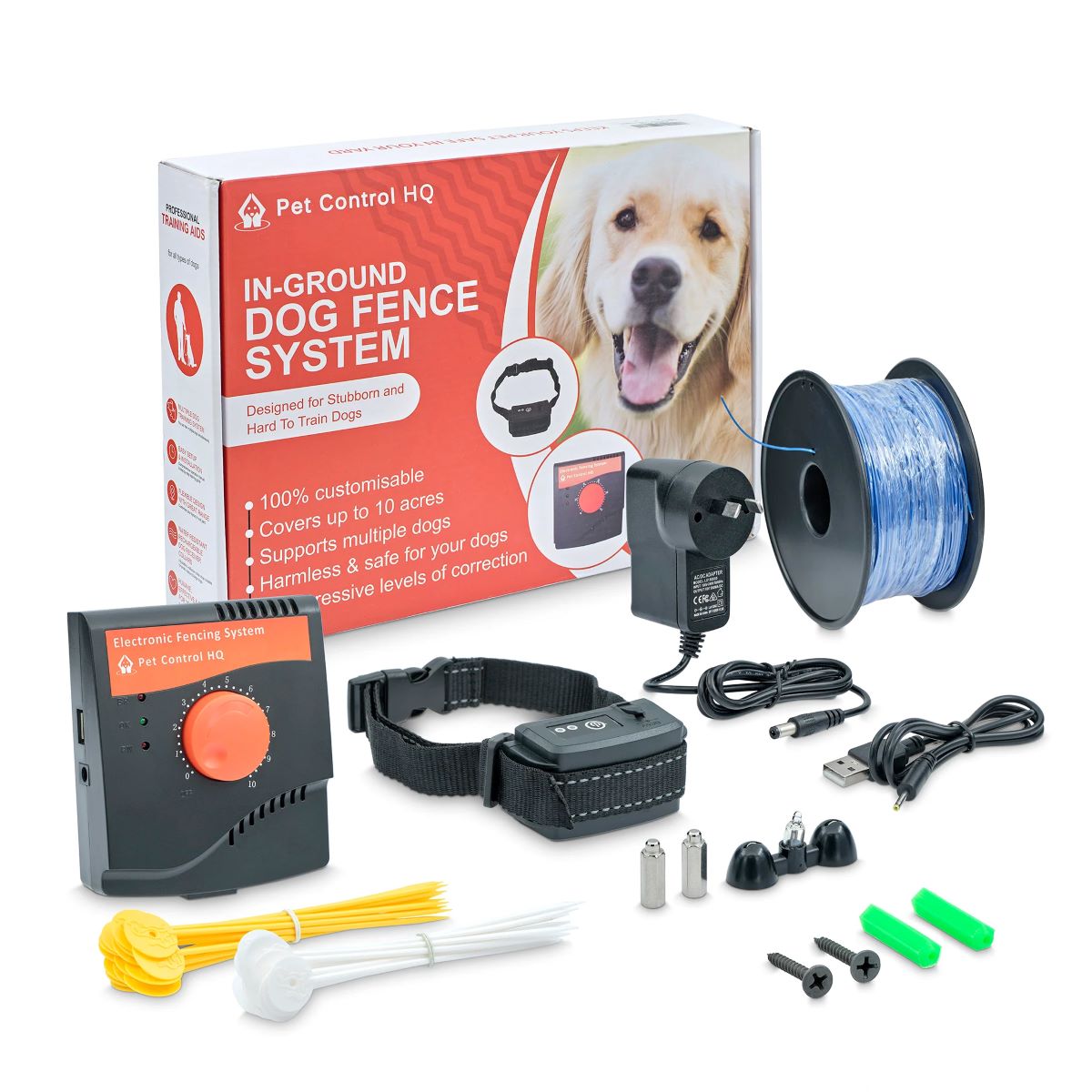
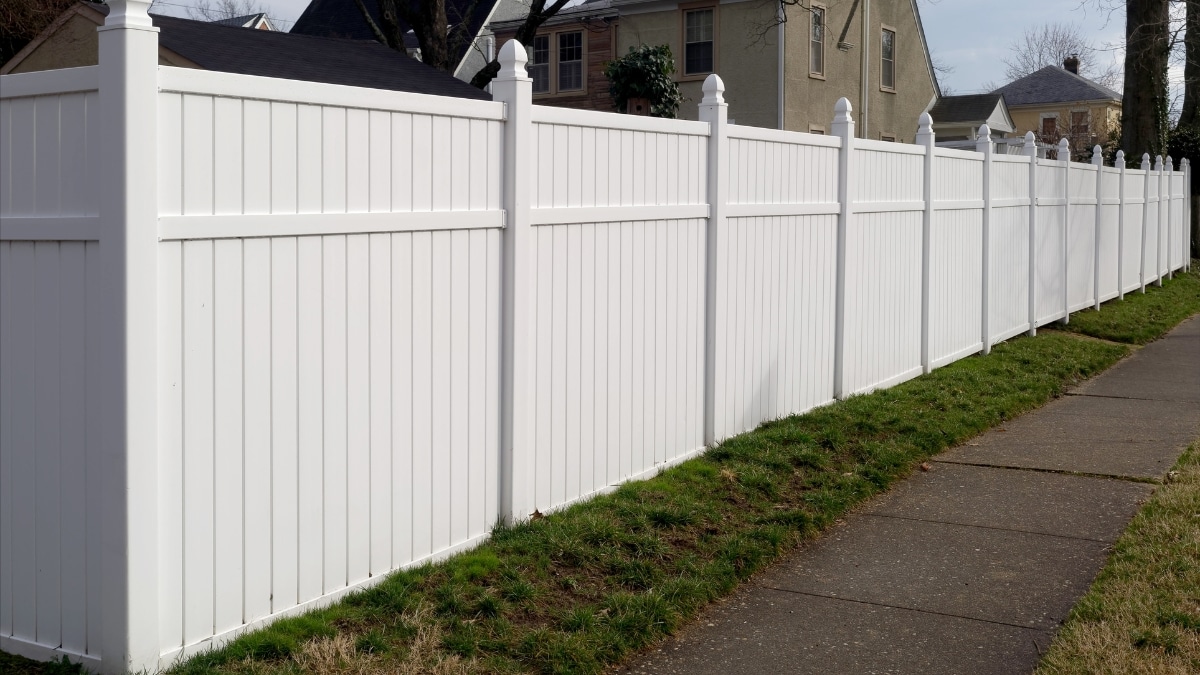

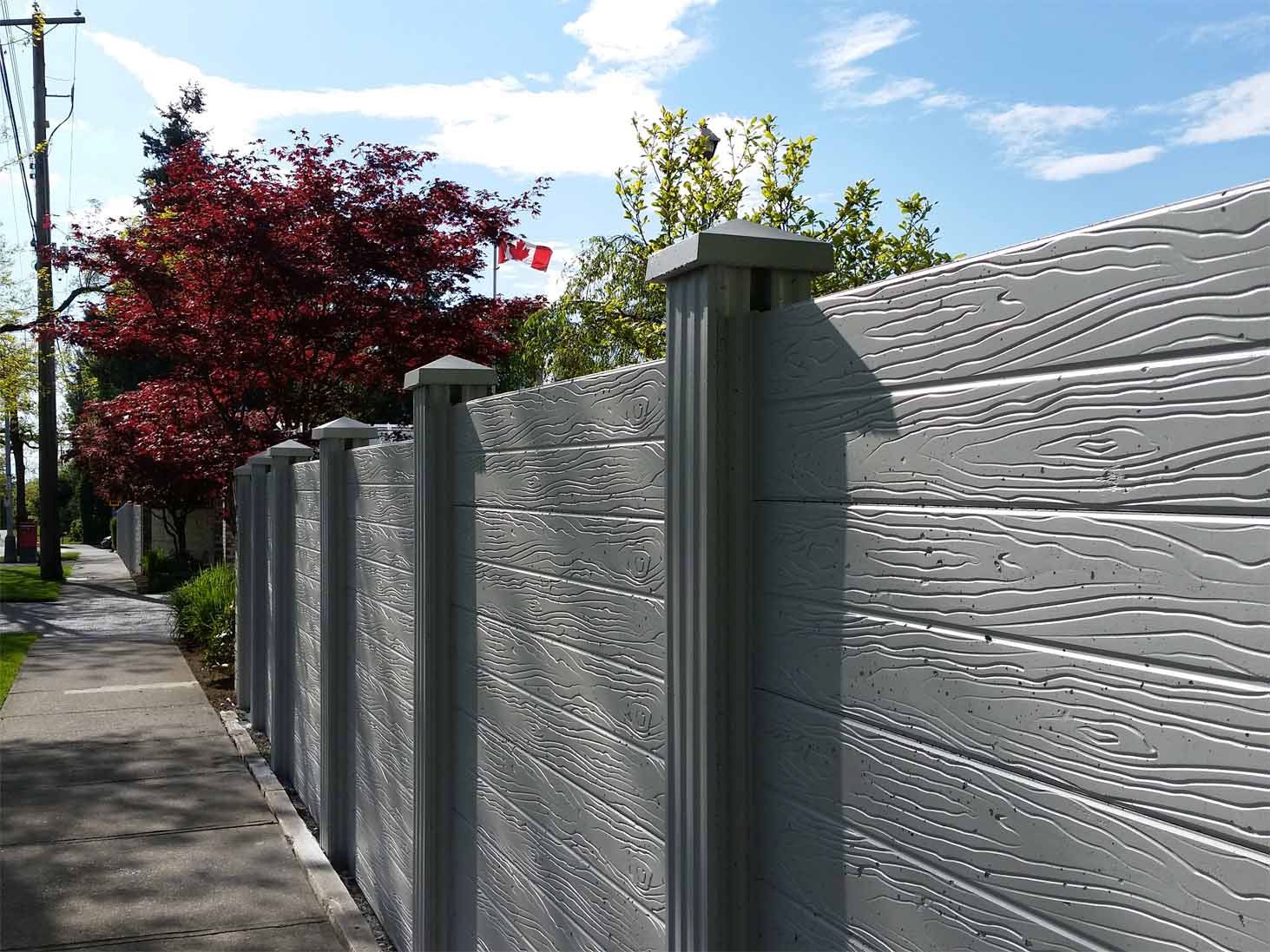
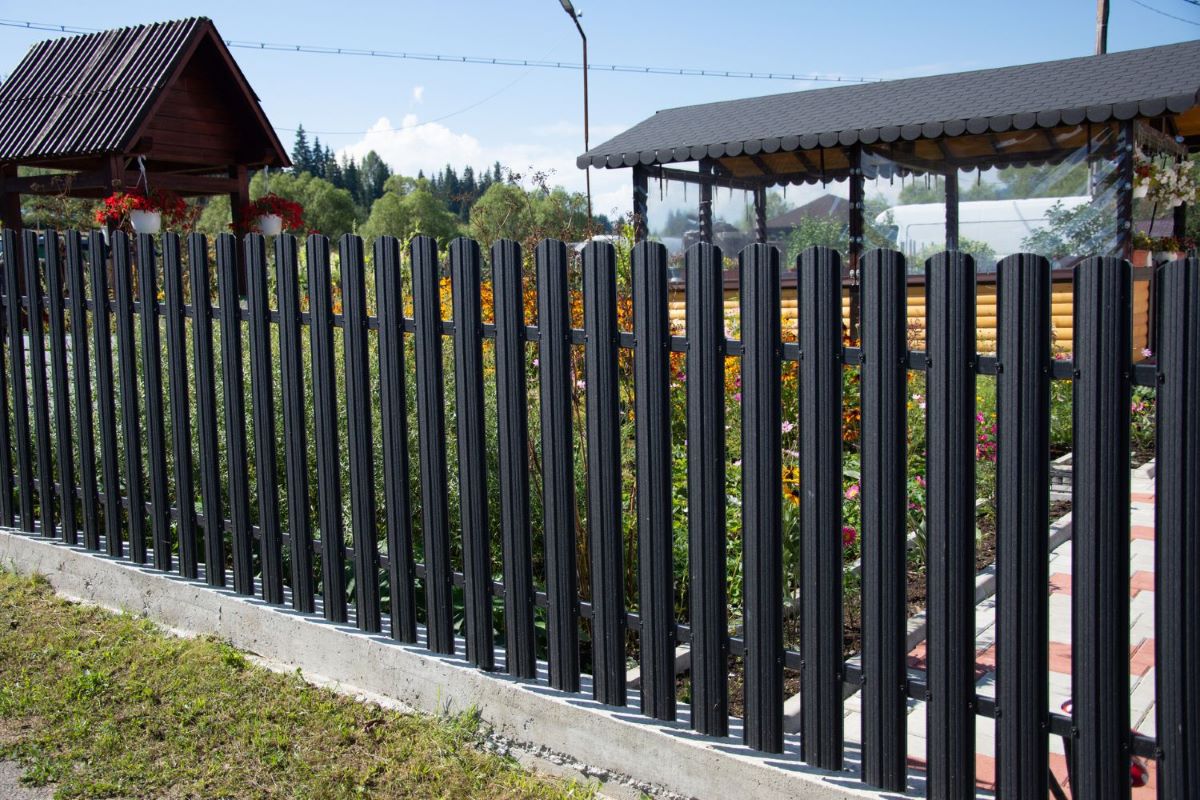

0 thoughts on “How Much Is A Pool Fence”